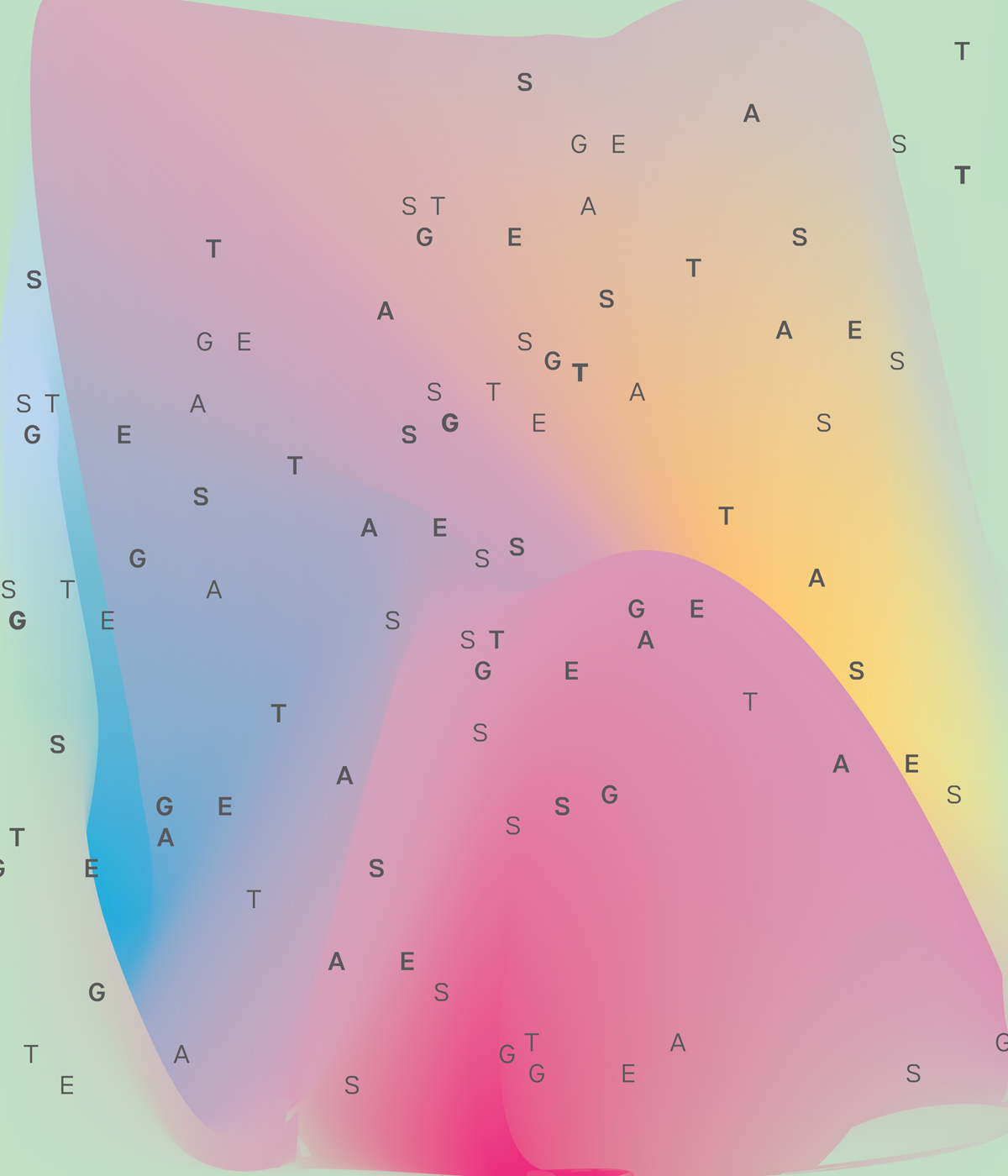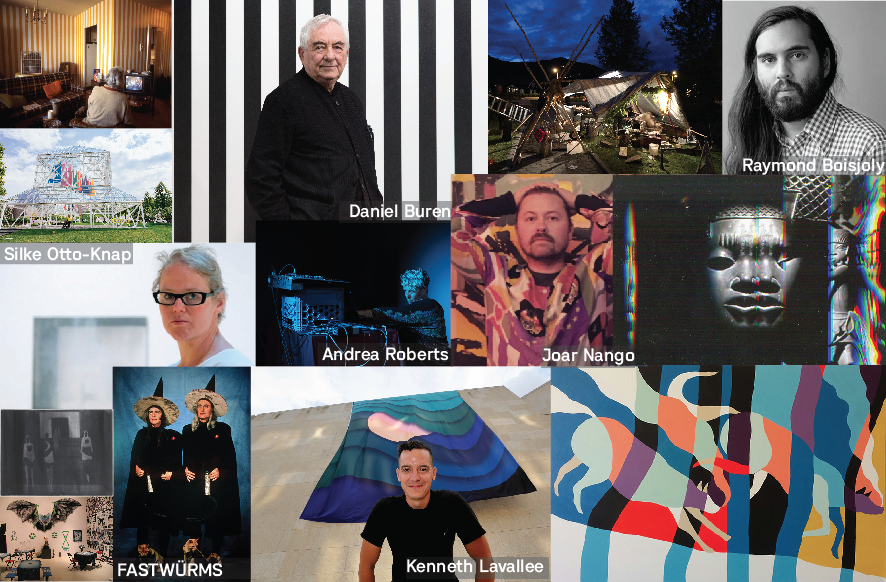

Plug In ICA’s STAGES biennial 2019
featured artists:
FASTWÜRMS (Kim Kozzi and Dai Skuse)
curated by Jenifer Papararo
INTRODUCTION
This is the second iteration of the STAGES biennial presented by Plug In Institute of Contemporary Art. This year’s exhibition builds on the previous edition in its presentation of temporary public sculpture, installation and performances throughout Winnipeg, but 2019 has an expanded range and includes the remounting of an historic artwork. The biennial commissions seven artworks that take place across the city and its outskirts in abandoned industrial sites, apartment buildings, malls, municipal parks and parking lots.
The drive of STAGES is multi-fold. It is built on an initial impulse to bring artwork outside of the Institute’s walls in an attempt to challenge the comforts and conformities of white-walled gallery spaces. This idea is an attempt to break through the safety net of a uniform space that ubiquitously functions to be any-place, any-where, any-time. White-cubed or blacked-boxed, galleries obscure context and circumstance, producing a physical distance from the local that privileges the institution, artist and the artwork over the specificity of a particular geographic place.
STAGES uses Winnipeg as a frame. The works in the exhibition must contend with Winnipeg as a physical entity. Whether the artists or artworks directly address the history of this colonial city or its current circumstance, they are all physically and perceptibly situated here; and as such engage this place, cracking the façade of a dislocated gallery by negotiating its public and private spaces. There is a breaking of the ‘fourth wall’ so-to-speak. This theatrical term traditionally imagines an impenetrable wall between viewer and performer with the stage marking this divide. For STAGES , this term implies not only a rupture in the shelter and skeleton of the gallery or museum, but also the reaching out to untethered audiences. This audience is as specific and as complex as place.
Who do we imagine is the audience for STAGES? You, of course, but also those unintended viewers, who have not marked their calendars or downloaded the STAGES App. Some of these unsuspecting viewers will pass by in their cars noting colours, form and action, and others will motor by assuming an artwork is just another commercial sign. The quality of this abstract audience’s engagement is not for us to define, but to imagine as having as much potential in stimulating the most dedicated of art viewers, unraveling the what and why of their particular happenstance experiences.
Some of the artworks use familiar forms and symbols to draw the audience’s attention, creating a surface that is recognizable, but a subject that needs one’s attention to decipher. All the artworks are studied, situated in a visual history of art, but with attempts to break or re-establish those traditional codes. For example, Kenneth Lavallee uses local customary craft to create a massive visual colour field in one of the city’s common pedestrian skyways, and Silke Otto-Knapp transforms dense and laboured paintings into a mammoth degradable poster-wall, while Andrea Roberts inscribes a text from 550 BCE on to industrial waste. Each of these instances grab from historical processes and sources, reframing them within a contemporary context to re-interpret, critique or revitalize their references. Some of the artworks in STAGES are presented in order to redefine its own worth. Like Raymond Boisjoly who brings insular and philosophical art discourse into the street, or Daniel Buren who upends the economy of an artist’s labour and value by offering his artwork as common wallpaper at discount prices. Joar Nango gives name and weight to an aesthetics and labour that is often overlooked, reframing common building practices as a discernible methodology. Here, and with the work of FASTWÜRMS who choreograph elaborate rituals to capture their process of production, the importance of the final product is paralleled with its process.
The intertwining of product and process is part of the concept of STAGES as a structure for an exhibition. The ‘stage’ is a metaphor that is definable as a site of action, and it is this pairing of the physicality of place with the ephemeral nature of performance that sets the ground of this biennial. The ground is the city of Winnipeg, which can function as a site for an artwork to be positioned in or site to be performed on. Either way there is disruption in how a location is commonly used, starting with the Institute’s galleries, which rest empty. The artists are invited to consider the specificity of this place when making their work; our audiences are asked to venture into the streets; and there are those who are left to chance encounters.
Jenifer Papararo
STAGES 2019 is generously supported by:
Presenting Sponsor | The Winnipeg Foundation
Featured Artist Sponsor | Mike Nesbitt
Major Sponsors | Daniel Friedman & Rob Dalgliesh; James & Leney Richardson
Engaging Sponsors |Susan Glass & Arni Thorsteinson; DIALOG design; BLDG architecture office inc
Supporting Sponsors | The French Embassy; Toronto; Downtown Biz
Contributing Sponsors | Gary Ursel; Assiniboine Credit Union; KPMG LLP
STAGES would not be possible without our Community Partners:
the Alt Hotel; Alpha Masonry; Alliance Francaise; Festival de Voyageur; Martha Street Studio; Shelter Canadian Properties LTD; Sotirios Corp; Studio 393; Leon A Brown Ltd; Trotzdem Inc; Winnipeg Art Gallery; Winnipeg Tourism; ; and X-Cues.
.
With respect for First Nations and Métis ancestors, we acknowledge that STAGES will be presented on Treaty One Territory, the traditional territories of the Anishinaabe, Cree, Dakota, Métis and Oji-Cree Nations and the passing ground of the Dene Peoples. The land and our acknowledgment of its history considers the Indigenous history of this land – its disruption through colonialism, the impacts and actions, which remain a battle today.
Plug In ICA relies on community support to remain free and accessible to all, and enable us to continue to present excellent programs. Please consider becoming a member of Plug In ICA and a donor at https://plugin.org/support or by contacting Angela Forget: angela@plugin.org
For more information on this program and STAGES biennial, contact Rachael Thorleifson at rachael@plugin.org. For general information, please contact: info@plugin.org or call 1.204.942.1043


